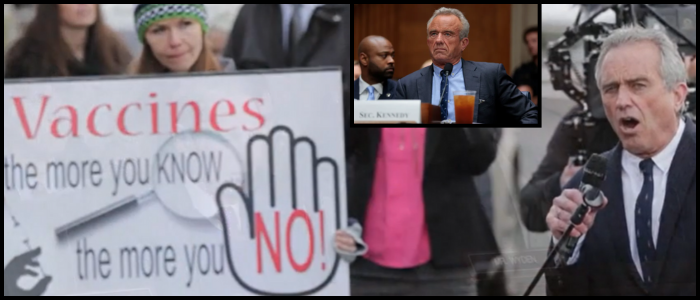One in 10 adults are experiencing what researchers describe as “multi-stress” — a combination of low income and debt, insecure rental accommodation and restricted access to NHS healthcare. This cohort is at least twice more likely to suffer from mental distress, insomnia and social isolation than others.
This increase in multiple insecurities, the report says, is fomenting a national crisis of people feeling a deep sense of uncertainty, instability, and helplessness.
Mental Strain and Stunted Lives
Co-author of the research Becky Tunstall, visiting professor at LSE, said the findings call for the Government to take urgent action, in particular Chancellor Rachel Reeves. Tunstall highlighted the link between public disillusionment and the rise of populist movements, stating that many feel that their lives are on hold.
“More than 5 million people are simultaneously under pressure from financial, housing and health issues,” Tunstall said. “Three million are always under pressure; two and a half million are losing sleep.”
The study, commissioned from the London School of Economics by the charity Leonard Cheshire, finds that 32% of those with disabilities or long-term health conditions, and a substantial proportion of minority ethnic groups, experience these multiple insecurities. The problem is not limited to those who are out of work.
FlowLayoutEven Americans with jobs are struggling In fact, 41% of workers are living paycheck to paycheck, and 31% have health problems which create a severe financial burden, and another 30% have housing issues, and 7% have all three.
One person the study interviewed spoke of the desire for a life free of the fear they might be evicted or face financial stress: “I would love to be in a place where I could feel safe and feel just content.”
Policy Response and Development Reform
Chancellor Rachel Reeves has previously described this era as the “age of insecurity” and has introduced “securonomics,” a set of principles that are intended to encourage growth through good jobs, better public services and price stability. But even with Labour’s pledges of new housing, shorter NHS waiting times and better support for the needy, some say the pace of change feels too gradual.
The study, first commissioned by the previous government under the levelling-up agenda, examined household data and involved in-depth conversations in Sheffield, Milton Keynes and Lincolnshire.
Instead it calls for an emphasis on not just growth, but also reducing day-to-day uncertainty for households by providing greater support — in expanding support services, ditching benefit caps such as the two-child limit, and in greater investment in public infrastructure.
A government spokesman said: “We have been clear we will maintain our commitment to enabling people to access high-quality and accessible care close to home, included in our manifesto commitments to increase the minimum wage, raise benefits, and provide 3 million more NHS appointments. The government also promised the biggest investment in social and affordable housing in generations.
Health

UK faces crisis as 5 million battle major insecurities

More than 5 million working-age adults are currently living in a dangerous cocktail of financial insecurity, ill-health and insecure housing, the highest combined levels of individual risk faced since the global economic crash over a decade ago.















